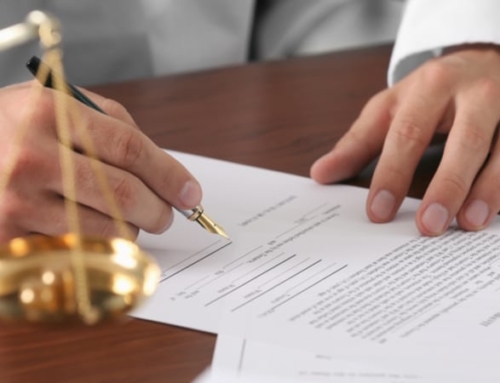Q: I signed a quit claim when I purchased my first new home because I am partnered with a woman. I was told this was a way that she could have something to hold on to in case we were ever to break up.
I just want to know if this means I no longer have ownership in our property. I know it’s pretty late in the game to asking this question but could you please help me understand if I still have ownership in our home? Thank you.
A: I’m not sure what you’ve done, so it’s tough to give you advice. But, I’ll make an educated guess.
The quit claim deed you signed, if executed correctly, would have given away some or all of your ownership interest in the property. You did not add your partner to the mortgage, however, which you are still obligated to pay in full.
How much did you give away? You might have given your partner some or all of the property. It’s hard to know without seeing the actual document you signed. (You may have also violated your mortgage obligation to the lender if you gave away all of the property.)
What I’m unclear about is why you did this. You clearly wanted to protect your partner, but there are easier and smarter ways to do it. If you were worried about her surviving you after your death, you might have purchased an inexpensive term life insurance policy. For a few hundred dollars a year, you could have named her the beneficiary of a policy worth up to $500,000.
You could have also written a will naming her as owner of the property after your death. Once you’re gone, she would have had ownership of the property and a tidy amount of cash to help her make the payments.
If you wanted to give her something in case you broke up, it would have been easier to retain full ownership of the property and simply sell the house down the line or take out a home equity loan and give her cash.
By giving her some or all of the property, you’ve lost control. If you break up, she may be able to force you out of the home and you may still have to make the payments on the mortgage, or risk ruining your credit.
This is a lot of control you’ve handed over. What I’d like you to do now is gather up your documents and make an appointment with a very good estate attorney. You can get a referral to someone through your local bar association. The estate attorney might have other suggestions for your situation. The suggestions may include having wills and even a partnership agreement for the home and other joint interests the two of you may have.
You need to understand what you’ve done, what the potential ramifications of your actions are, and what you can do now to make the best of this situation. You may be able to help your partner and yourself out in different ways by structuring the ownership of your home by other ways.
Dec. 29, 2006






Leave A Comment